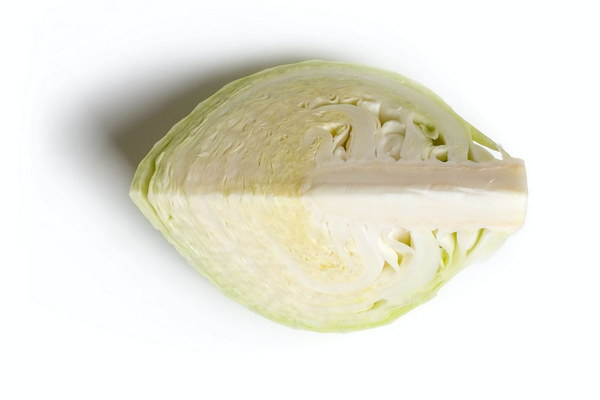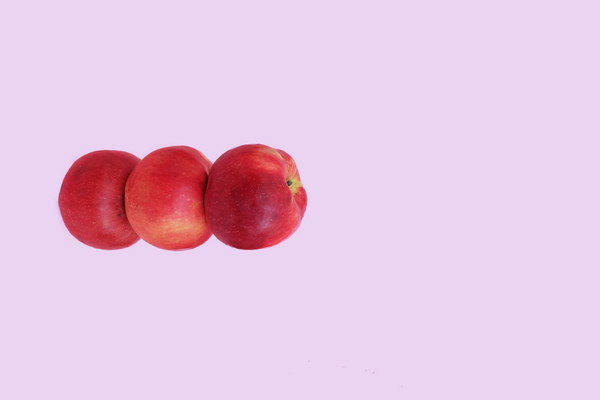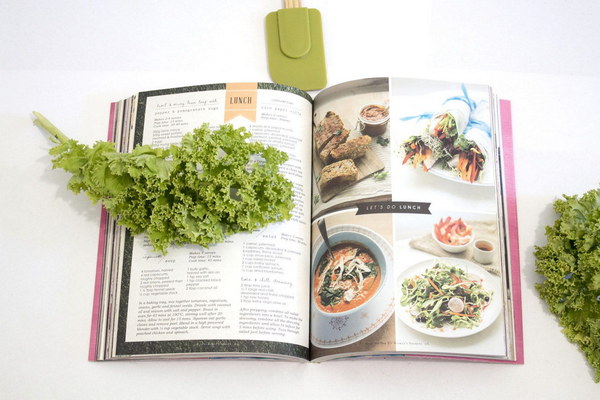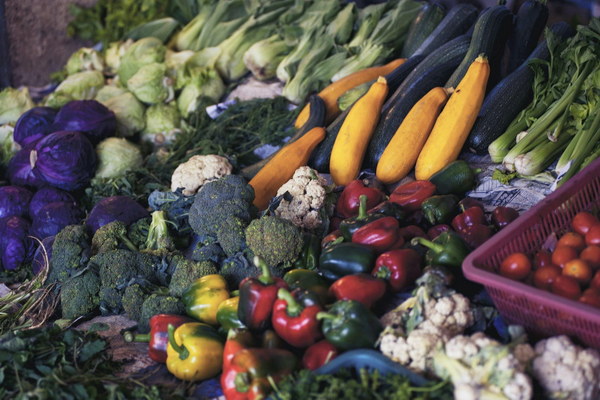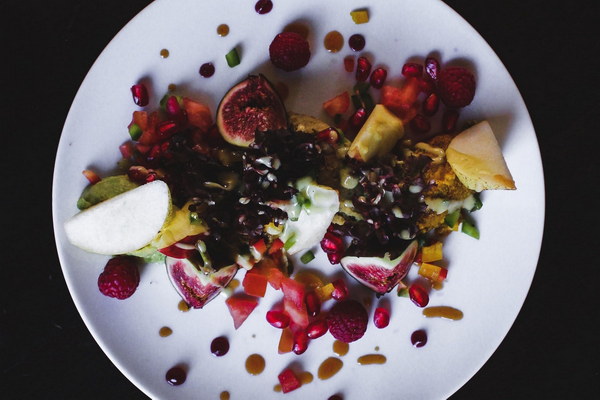Sweet Reckoning Unveiling the Anti-Aging Power of Reducing Sugar Intake
In the pursuit of youthful vitality and longevity, the battle against aging has been a relentless quest for centuries. Modern science has unlocked many secrets, one of which is the impact of sugar on our aging process. The alarming truth is that excessive sugar intake can accelerate the aging process, leading to premature aging and a host of health issues. This article delves into the world of anti-aging and the pivotal role that reducing sugar intake plays in maintaining a youthful appearance and a healthy life.
The Dangers of Excess Sugar
Research has shown that excessive sugar consumption can lead to a range of health issues, including inflammation, insulin resistance, and increased oxidative stress. These factors all contribute to the aging process, causing premature aging symptoms such as wrinkles, sagging skin, and fatigue.
One of the primary culprits is fructose, a type of sugar found in fruits, vegetables, and added sugars. While natural fructose is not harmful in moderate amounts, excessive intake of added sugars can disrupt the balance of our hormones and lead to an array of problems.
The Role of Sugar in Aging
Sugar has a unique ability to bind to proteins in the body, a process known as glycation. This glycation process produces advanced glycation end products (AGEs), which are linked to the aging process. AGEs accumulate in the body, leading to inflammation, damage to the skin's elasticity, and a decline in overall health.
AGEs have been found to be present in high concentrations in the skin of older individuals, contributing to the appearance of wrinkles, sagging, and age spots. By reducing sugar intake, we can minimize the production of AGEs, thereby slowing down the aging process.
Tips for Reducing Sugar Intake
1. Read Labels: Always check the ingredient list for added sugars, such as high-fructose corn syrup, sucrose, glucose, maltose, and dextrose. Be aware that even healthy foods like fruit juices, energy bars, and yogurt can contain high levels of added sugars.
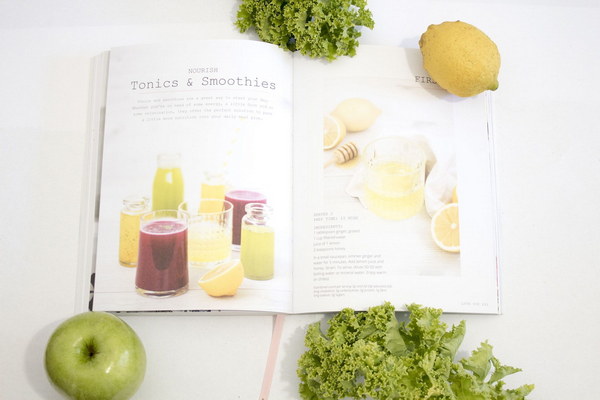
2. Choose Whole Foods: Opt for whole foods like fruits, vegetables, and whole grains, which contain natural sugars and fiber. These foods help regulate blood sugar levels and provide essential nutrients.
3. Limit Processed Foods: Processed foods often contain high levels of added sugars, preservatives, and unhealthy fats. By reducing the consumption of these foods, you can cut down on your sugar intake.
4. Drink Water: Often, we mistake thirst for hunger and consume sugary beverages to satisfy our cravings. By drinking water instead, you can stay hydrated and avoid unnecessary sugar consumption.
5. Use Natural Sweeteners: If you need to sweeten your food or drinks, opt for natural sweeteners like stevia, monk fruit, or dates. These sweeteners have a lower glycemic index and are less likely to contribute to the aging process.
6. Practice Mindful Eating: Be conscious of your food choices and avoid mindless snacking. Enjoy your meals and savor each bite, reducing the temptation to consume sugary treats.
7. Seek Professional Guidance: If you're struggling to reduce your sugar intake, consider seeking the help of a nutritionist or dietitian. They can provide personalized advice and support to help you achieve your anti-aging goals.
The Bottom Line
Reducing sugar intake is a crucial step in the fight against aging. By understanding the impact of sugar on the body and adopting a mindful approach to eating, you can slow down the aging process and enjoy a healthier, more vibrant life. Embrace the sweet reckoning and let the power of reduced sugar consumption work its magic on your body and mind.

